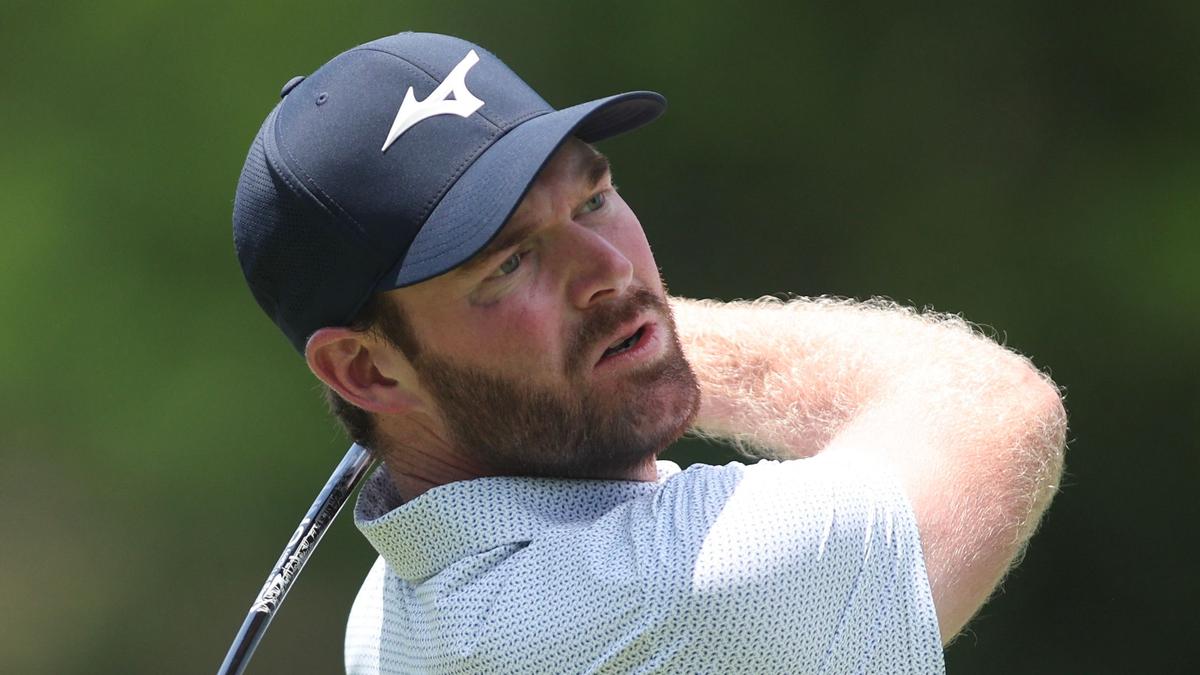Human motivation is mysterious – Sportstar
“My story is not finished,” said golfer Grayson Murray, “I think it’s just the beginning.” That was in January. In May, he took his own life. He was 30.
Suicide is devastating for loved ones. It is crushing even for those who don’t know the person. Murray, one of the most talented juniors (he won the Junior world championship three times) and twice winner on the PGA Tour had wrestled with mental health and alcohol issues.
Sport and suicide have a long and depressing connection. According to one estimate, 186 Olympic athletes have committed suicide. It includes India’s judoka Narinder Singh (Olympics 1992 and 1996), whose suspension as a police superintendent led to depression. He hanged himself in 2016.
RELATED: PGA Tour member Grayson Murray’s death confirmed as suicide by parents
A recent issue of the British Journal of Sports Medicine says the number of American college athletes dying by suicide doubled in the 20 years to 2022.
In the Foreword to David Frith’s book on suicides in cricket ( Silence of the Heart) , Mike Brearley, England captain and practising psychoanalyst, after examining some of the reasons for a person to commit suicide, concludes, “Ultimately human motivation is mysterious.”
All suicides are cautionary tales, but we must guard against glib explanations and pop rationalisations. The British Journal of Sports Medicine said that while “athletes are generally thought of as one of the healthiest populations in our society the pressures of school, internal and external performance expectations, time demands, injury, athletic identity and physical fatigue” can all contribute to depression and suicide.
To commit suicide mid-career like Murray or Robert Enke is rare; it means taking that extra step from merely nursing the thought. Michael Phelps, the great Olympic swimmer (23 gold medals), once said that after the 2012 Games, “I didn’t want to be in the sport anymore. I didn’t want to be alive. You do contemplate suicide.”
In the HBO documentary, The Weight of Gold, of which he is narrator, Phelps talks about the mental health challenges of Olympic athletes. Many athletes speak of personal issues and how close they came to taking that final step. Bob sledding champion Steve Holcomb, who had written about an earlier attempt in his book, and was one of the athletes in the documentary, took his own life before it was released. He was 37.
ALSO READ: Kyrgios says he spent time in a London psychiatric hospital
Figure skater Sasha Cohen gives a glimpse into the focus of an athlete who wishes to compete at the Olympics. “Everything else in life is an obstacle,” she says. Another athlete says, “The system is set up for a high turnover.” Today’s champion is forgotten tomorrow. The hurdler Lolo Jones once watched reruns of her own Olympics races which were showing at her new place of work — making smoothies for customers.
In an earlier edition of Frith’s book, Peter Roebuck wrote, “I believe a man must tackle those parts of his life which worry him most…” That was written in 1990. In 2011 Roebuck threw himself off the sixth floor of his hotel in Cape Town.
Ultimately human motivation is mysterious.


